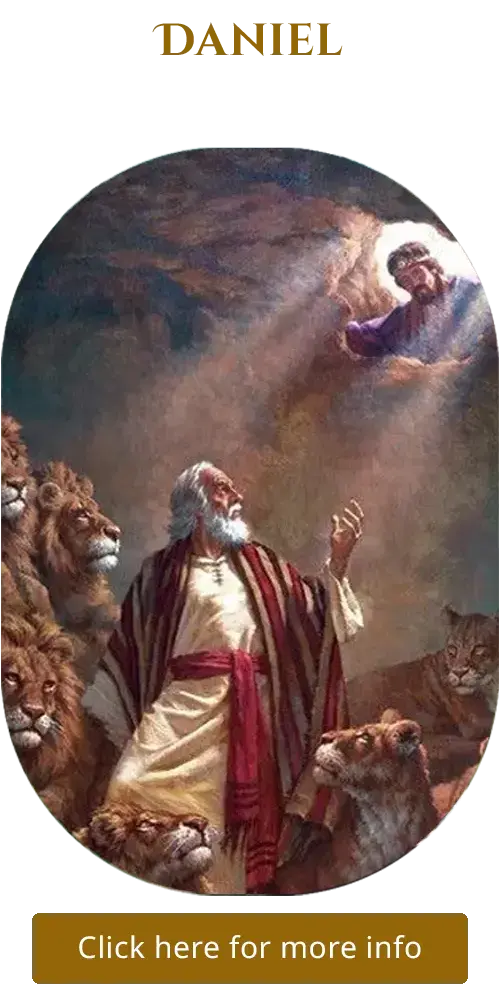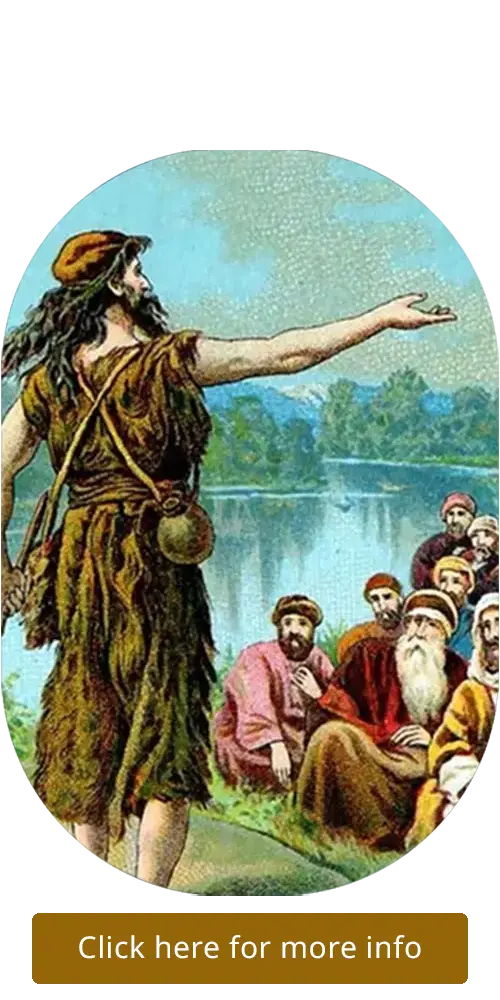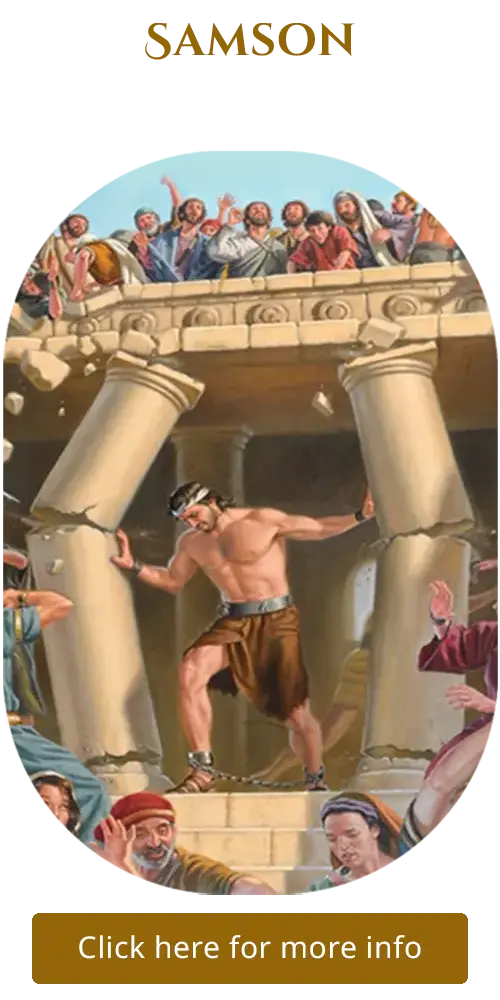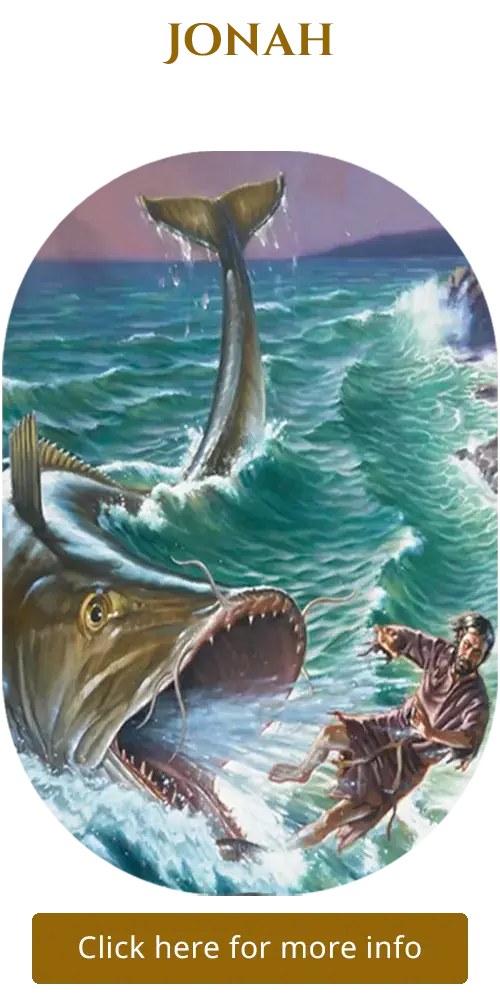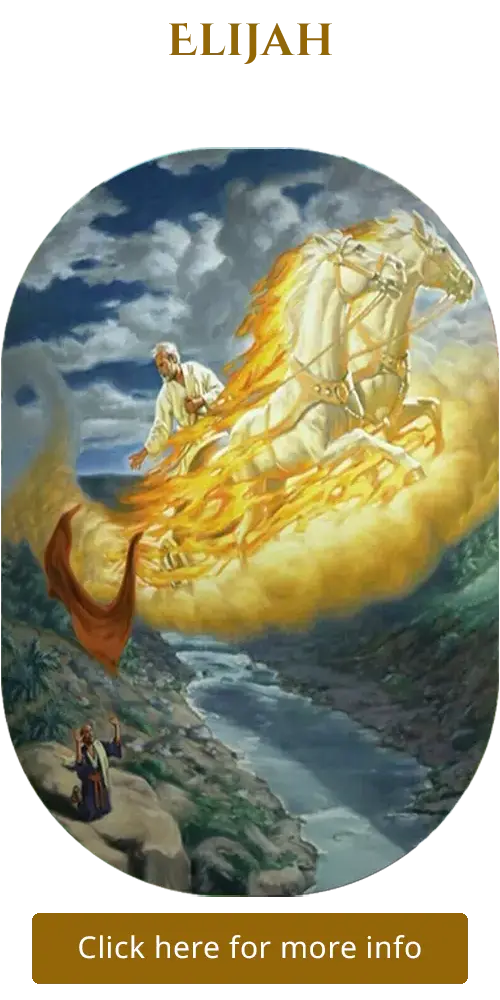St. Barthlomew
Outside Paintings - South Wall
Jonah: The Prophet of Repentance and Mercy
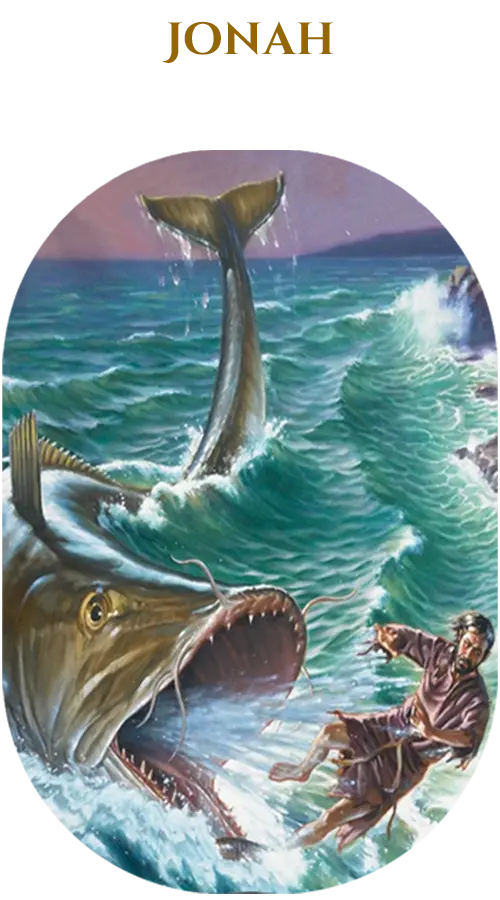
 |
 |
|---|
Reference: Jonah (chapters 1–4)
The Book of Jonah, one of the Minor Prophets in the Hebrew Bible, recounts the story of Jonah, son of Amittai, a prophet tasked with delivering God’s message to the Assyrian city of Nineveh.
Jonah’s Call and Disobedience
* God’s Command: The word of the Lord came to Jonah, son of Amittai, saying, “Go to the great city of Nineveh and preach against it, because its wickedness has come up before me”. Nineveh, the capital of Assyria, was known for its size, power, and cruelty, and was an enemy of Israel.
* Jonah’s Flight: Instead of obeying, Jonah fled from God’s presence. He went to Joppa, found a ship bound for Tarshish (likely a distant port, possibly in Spain, symbolizing the opposite direction from Nineveh), and paid the fare to sail away.
* The Storm: God sent a great wind, causing a violent storm that threatened to break the ship. The sailors, terrified, cast lots to determine who was responsible, and the lot fell on Jonah. He admitted he was fleeing from the Lord, the God who made the sea and land, and told them to throw him overboard to calm the storm. The sailors initially resisted, rowing harder, but eventually prayed to God and threw Jonah into the sea, after which the storm ceased. The sailors feared the Lord, offered sacrifices, and made vows.
* The Great Fish: God provided a “huge fish” to swallow Jonah, and he was in its belly for three days and three nights.
Jonah’s Prayer and Deliverance
* Prayer from the Fish: From inside the fish, Jonah prayed to God, describing his distress in poetic terms: cast into the deep, engulfed by waters, banished from God’s sight, yet hoping to see His temple again. He spoke of sinking to the ocean floor, with weeds wrapped around his head, but affirmed that God brought his life up from the pit. Jonah vowed to offer sacrifices and praise, declaring, “Salvation comes from the Lord”.
* Deliverance: The Lord commanded the fish, and it vomited Jonah onto dry land.
Jonah’s Mission to Nineveh
* Renewed Call: The word of the Lord came to Jonah a second time: “Go to the great city of Nineveh and proclaim to it the message I give you”. This time, Jonah obeyed and went to Nineveh, described as an “exceedingly great city” requiring three days to traverse.
* Jonah’s Preaching: Jonah entered the city and proclaimed, “Forty more days and Nineveh will be overthrown”. His message was simple but urgent, warning of divine judgment.
* Nineveh’s Repentance: The Ninevites believed God. They declared a fast, and all – from the greatest to the least – put on sackcloth. The king of Nineveh rose from his throne, donned sackcloth, sat in ashes, and issued a decree for the people and animals to fast, wear sackcloth, and turn from their evil ways and violence, hoping God might relent.
* God’s Mercy: God saw their repentance and relented, sparing Nineveh from the destruction He had threatened.
Jonah’s Anger and God’s Lesson
* Jonah’s Displeasure: Jonah was “greatly displeased” and angry that God spared Nineveh, revealing he fled to Tarshish because he knew God was “a gracious and compassionate God, slow to anger and abounding in love, a God who relents from sending calamity”. Jonah prayed to die, saying, “It would be better for me to die than to live”.
* God’s Questioning: God asked, “Is it right for you to be angry?”. Jonah left the city, made a shelter, and sat to see what would happen to Nineveh.
* The Plant Lesson: God provided a leafy plant to shade Jonah, and he was very happy about it. But at dawn, God sent a worm to chew the plant, causing it to wither. Then, God sent a scorching east wind and sun, making Jonah faint and wish for death again. When Jonah expressed anger over the plant’s death, God asked, “Is it right for you to be angry about the plant?” Jonah insisted he was angry enough to die.
* God’s Rebuke: God contrasted Jonah’s concern for the plant, which he didn’t tend or grow, with His concern for Nineveh, a city of over 120,000 people “who cannot tell their right hand from their left,” plus many animals. The book ends with God’s rhetorical question, emphasizing His mercy.
Jonah’s story reminds Orthodox Christians that God’s mercy extends to all, even those deemed unworthy, and that obedience, even reluctant, can lead to transformation beyond imagination. As a prophet who experienced both disobedience and redemption, Jonah points to Christ, the true source of salvation, who brings forgiveness and life to the world.

